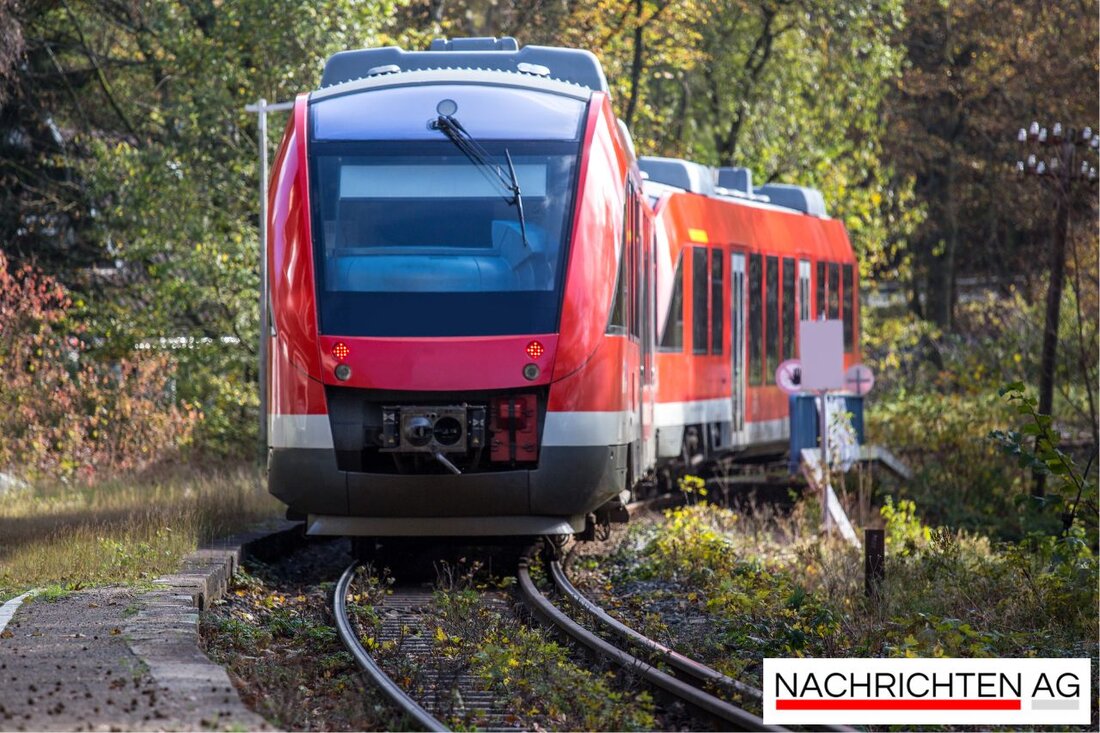Fight for the future: Will Dresden's diesel trains soon be history?
Neustadt in focus: Current challenges in local transport due to planned changes to sustainable train technologies.

Fight for the future: Will Dresden's diesel trains soon be history?
Dresden's public transport sector is booming. The shortened timetable of the Sächsische Dampfschiffahrtsgesellschaft (SDG) is causing concerns and confusion about possible personnel savings. The company's operations manager could not be reached by phone on Tuesday, further adding to the uncertainty. By the way, the planned switch to more environmentally friendly train connections in the diesel network is also at risk. Currently, the diesel vehicles that have been in use since 1999 - the Desiro railcars of the 642 series - will reach the end of their service life in 2031, and in the long term, extensive investment in the infrastructure will be required in order to switch to battery-powered electric trains from 2031.
But the problems don't stop there. The Free State plans to withdraw from financing this ambitious project. This could seriously jeopardize the entire project, even if the association meeting decided to pre-finance the majority of the planning costs. A common solution for sustainable local transport is urgently needed, emphasizes VVO boss Burkhard Ehlen. Discussions with the Saxon Ministry of Infrastructure are on the agenda.
Sustainability in focus
Sustainability in public transport is becoming increasingly important, especially in times of increasing CO2 emissions and overcrowded city centers. In Germany, around 20 percent of CO2 emissions come from the transport sector - and the trend is increasing. Switching from cars to buses and trains could save up to 1.5 tons of CO2 per person per year. A single articulated bus can replace around 40 cars, thus relieving pressure on the roads, which is a significant advantage for the quality of life in densely populated areas. Everyday fox reports that the benefits of sustainable public transport go beyond the environment and promote mobility for all population groups.
Investments in these systems not only benefit climate protection, but also bring great benefits to the national economy. Every euro spent on local public transport generates a benefit of 3.70 euros. Innovative drive technologies such as electric and hydrogen buses also play a crucial role in an environmentally friendly future in transport. Fraunhofer ISE emphasizes that research into sustainable mobility solutions is essential and encompasses many facets.
Why switching to battery technology is important
The challenges should not be underestimated: the limited range of vehicles, high acquisition costs and regional gaps in the charging infrastructure must be overcome. The planned switch from diesel to battery-powered trains is particularly important - a comprehensive change is necessary here in order to achieve the EU's climate goals. From 2031, new railcars will no longer be allowed to use diesel engines, which will increase the pressure to find suitable alternatives.
But how will Dresden's diesel network, which includes, among other things, the routes fromDresden to Königsbrück, Dresden to Kamenz, Heidenau to Altenberg and Pirna to Neustadt in Saxony,influenced by this development? The path to more sustainable mobility could be accelerated through creative solutions and collaboration between different actors. The goal remains clear: to create the basis for investments by the federal and state governments and thus successfully shape the transport transition.
The clock is ticking, the challenges are clear - and yet: There is something happening in the world of public transport in Dresden. Switching to environmentally friendly mobility could not only reduce CO2 emissions, but also create future-proof jobs in the region.

 Suche
Suche
 Mein Konto
Mein Konto